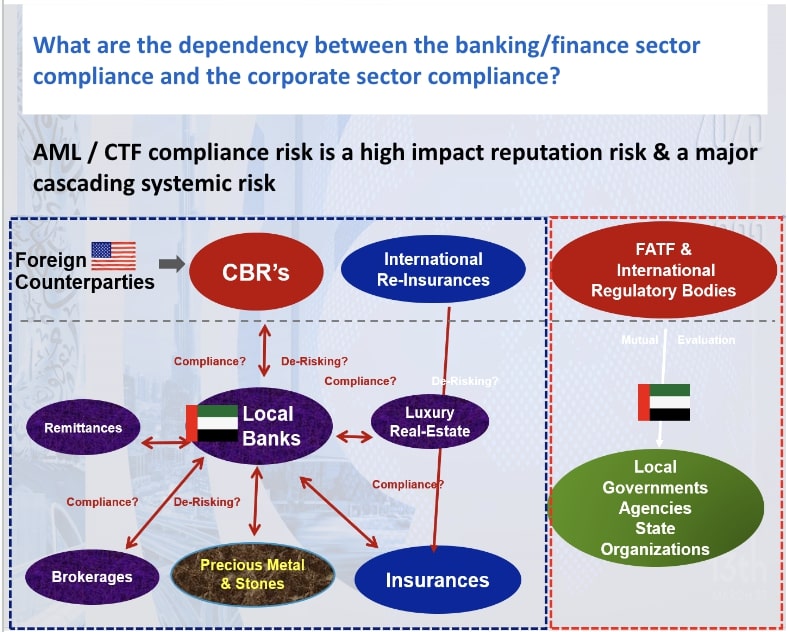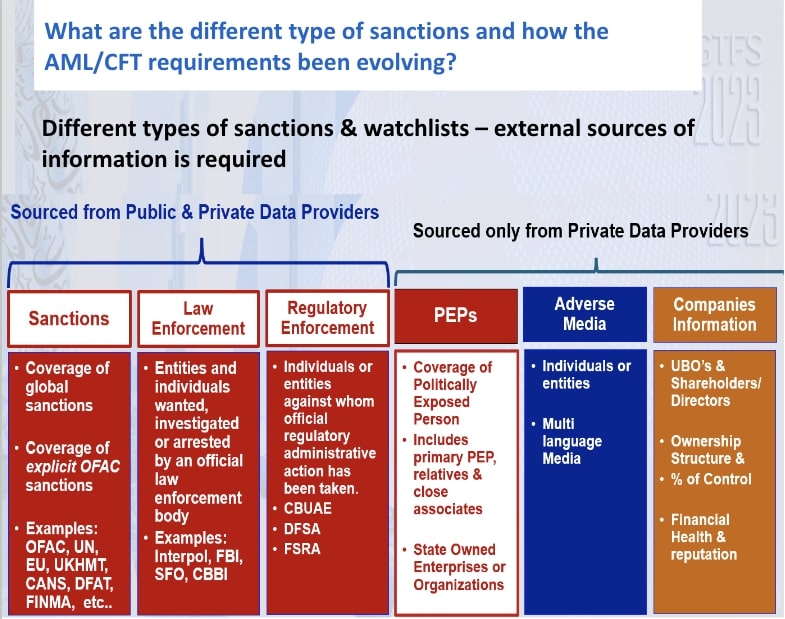BARD AI
JF-Expert Member
- Jul 24, 2018
- 3,376
- 8,118
Hatua hiyo imefanywa na Kitengo Maalum cha Kimataifa cha Udhibiti wa Fedha Haramu (FATF) kwa kuziweka Nchi 4 za Afrika Mashariki (Tanzania, Uganda, Sudan Kusini na DR-Congo) ambazo zimeahidi kuongeza hatua kali katika kupambana na Utakatishaji Fedha na Ufadhili wa Ugaidi na Kuenea kwa Silaha.
FATF imesema, hadi kufikia Oktoba 2023 jumla ya Nchi 129 zilifanyiwa ukaguzi wa namna zinavyodhibiti Utakatishaji Fedha pamoja na Vitendo vya Ufadhili wa Ugaidi ambapo Nchi 76 zilionesha hatua nzuri na kuondolewa katika Nchi zilizo katika Orodha ya Kijivu na Nyeusi.
Kiujumla Nchi 23 zimewekwa kwenye uangalizi maalumu na wa karibu ambapo kati yake 11 ni za Afrika na zilizosalia ni za Mabara mengine. FATF inapoiweka Mamlaka au Nchi katika Uangalizi Maalumu inamaanisha Nchi husika imeahidi kuchukua hatua za haraka kurekebisha mapungufu ndani ya muda uliokubaliwa.
Utakatishaji Fedha umeripotikuwa kuharibu Taasisi za Sekta ya Fedha pamoja na Ukuaji wa Uchumi kwa kuendeleza Uhalifu na Rushwa, hali inayokimbiza Wawekezaji wa Kigeni.
===========
Global financial crime watchdog, Financial Action Task Force (FATF) has retained four East African countries on the ‘grey’ list in its latest review of countries’ commitment to fighting money laundering, terrorist financing, and arms proliferation financing. This may dampen hopes of promoting the region as an attractive investment destination.
FATF is an inter-governmental organisation set up to combat money laundering and terrorism financing by setting global standards and checking if countries respect them.
The watchdog-maintained Uganda, Tanzania, South Sudan, and the DR Congo on its list of jurisdictions under ‘increased monitoring’ noting glaring weaknesses in their measures to combat money laundering, terrorist financing, and proliferation financing.
“The FATF calls on these jurisdictions to complete their action plans expeditiously and within the agreed timeframes,” FATF stated on its website.
“The FATF welcomes their commitment and will closely monitor their progress. The FATF does not call for the application of enhanced due diligence measures to be applied to these jurisdictions” it added.
Money laundering damages financial sector institutions critical for economic growth by promoting crime and corruption, thereby slowing growth and reducing efficiency in various sectors.
While foreign investors are crucial for the growth and expansion of companies, it is not easy to attract this group of financiers in money laundering countries leading to slowing fore inflows.
The FATF’s latest review conducted on October 27 reviewed 129 countries and jurisdictions of which 102 of them were identified as having weak measures to combat money laundering and terrorist financing.
According to the statement, several jurisdictions have not yet been reviewed by the FATF but will be in due course.
The watchdog said the DRC has taken steps to strengthen effectiveness of its AML/CFT regime since October 2022 including finalising the national risk assessment and providing more resources to the Financial Intelligence Unit (FIU).
But more still needs to be done to address its strategic deficiencies including developing and implementing a risk-based supervision plan and building the capacity of the FIU.
In South Sudan, FATF noted Juba’s limited progress across its action plan with all deadlines now expired and work remaining. The country has made progress in strengthening effectiveness of its AML/CFT regime since June 2021 but glaring deficiencies remain including operationalising a fully functioning and independent FIU.
In Tanzania, the government made a high-level political commitment to work with the FATF and ESAAMLG to strengthen the effectiveness of its AML/CFT regime in October 2022.
In Uganda, the government made a high-level political commitment to strengthening the effectiveness of its AML/CFT regime in 2020. Despite these, the FATF notes that there are still many weaknesses in the country’s measures to combat money laundering.
Since then the country has taken steps towards improving its AML/CFT regime, but deficiencies remain including improving risk-based supervision of financial institutions and Designated Non-Financial Businesses and Professions (DNFBPs) by conducting inspections on a risk-sensitive basis and applying effective, proportionate, and dissuasive sanctions for non-compliance.
At its October 2023 plenary, the FATF made the initial determination that Uganda has substantially completed its action plan and warrants an on-site assessment to verify that the implementation of AML/CFT reforms has begun and is being sustained and that the necessary political commitment remains in place to sustain implementation in the future.
“The FATF continues to monitor Uganda’s oversight of the non-profit organisation (NPO) sector to encourage the application of the risk-based approach to supervision of NPOs in line with the FATF Standards and mitigate unintended consequences,” FATF said.
In August, the International Monetary Fund (IMF) told the Bank of Uganda to strengthen the fight against money laundering if the country was to get off the Financial Action Task Force grey list.
In June, FATF noted that Uganda would remain on the grey list of countries that do not take full measures to combat money laundering and “terrorism” financing after the government failed to meet the May deadline, in which it had been expected to put in place measures to fight money laundering.
Jurisdictions under increased monitoring are actively working with the FATF to address strategic deficiencies in their regimes to counter money laundering, terrorist financing, and proliferation financing.
When the FATF places a jurisdiction under increased monitoring, it means the country has committed to resolve quickly the identified strategic deficiencies within agreed timeframes and is subject to increased monitoring.
In October, Kenya took over the leadership of the Eastern and Southern Africa Anti-Money Laundering Group (ESAAMLG) in a bid to lead the region in the fight against money laundering from next year.
Kenya’s Treasury Cabinet Secretary Njuguna Ndung'u and the director-general of the Financial Reporting Centre, Saitoti ole Maika, assumed leadership of the ESAAMLG as Chair of the Council of Ministers and Chair of the ESAAMLG Task Force of Senior Officials.
The ESAAMLG is a Financial Action Task Force (FATF) established to combat money laundering, terrorist financing, and the proliferation of weapons of mass destruction.
It consists of a Council of Ministers (Council), a Task Force of Senior Officials, a Steering Committee, and a Secretariat.

